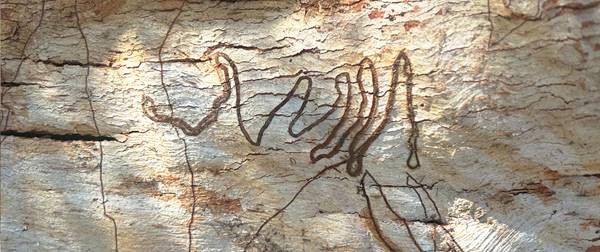Applications for the 2024 ANU Humanities Research Centre Visiting Fellowship Program on the theme of “Time, Place, Everywhen” are now open.
Applications close Friday 20 October 2023
2024 marks the 50th year of the ANU Humanities Research Centre (HRC). To celebrate, the HRC is supporting research into different ideas of time and place and paying respect to Indigenous people through the theme of ‘everywhen’.
Everywhen brings together a sense of ever-present time with people, culture, law, the landscape and cosmos. While the term is associated with ANU anthropologist W.E.H Stanner, the fusion of time and place has deep origins and broad application.
Via research projects, as well as lectures, advocacy and art, the HRC invites world-class Indigenous and non-Indigenous researchers to showcase the flourishing of the humanities and cognate fields by addressing the following questions and topics.
- How have people from around the world and throughout history integrated time and place?
- How can different conceptions of time and place unsettle practices of assimilation, extraction, and domination?
- Regenerative approaches to knowledge and culture in higher education and the Galleries, Libraries, Archives and Museums (GLAM) sector.
- Everywhen-related examples of art, activism, public engagement and collaboration that advance truth telling, healing and belonging.
- Through studies of language, literature, religion, material culture and history, what can be known and registered about everywhen and what can’t be?
How can changing ideas of time and place foster creativity and wellbeing?
2024 marks the 50th year of the ANU Humanities Research Centre (HRC). To celebrate, the HRC is supporting research into different ideas of time and place and paying respect to Indigenous people through the theme of ‘everywhen’.
Everywhen brings together a sense of ever-present time with people, culture, law, the landscape and cosmos. While the term is associated with ANU anthropologist W.E.H Stanner, the fusion of time and place has deep origins and broad application.
Via research projects, as well as lectures, advocacy and art, the HRC invites world-class Indigenous and non-Indigenous researchers to showcase the flourishing of the humanities and cognate fields by addressing the following questions and topics.
- How have people from around the world and throughout history integrated time and place?
- How can different conceptions of time and place unsettle practices of assimilation, extraction, and domination?
- Regenerative approaches to knowledge and culture in higher education and the Galleries, Libraries, Archives and Museums (GLAM) sector.
- Everywhen-related examples of art, activism, public engagement and collaboration that advance truth telling, healing and belonging.
- Through studies of language, literature, religion, material culture and history, what can be known and registered about everywhen and what can’t be?
- How can changing ideas of time and place foster creativity and wellbeing?





